In all of British history, never has there been such a divisive figure as the Grand Moff.

If one were to conduct a survey of the population on their opinion of Moffat himself and his Doctor Who tenure, you’d get a complete split; some would say that his work has been incredible and he should become king after Queen Liz dies, creating a long line of Scottish monarchs with distinctive black perms. Others would dive into a well-prepared rant on how the show has gone completely downhill since he took over and is the equivalent of some kind of natural disaster.
“It’s too complex!”
“Matt Smith was too childish!”
“Peter Capaldi can’t act!”
“Bring back David Tennant, I say!” [this is a phrase I’ve heard repeatedly]
But if you were to ask people for their opinion based on his Sherlock work, basically the entire country would give him a standing ovation.
Moffat was first announced as the showrunner to replace Russell T. Davies way back in 2008, but he didn’t officially take over until 2010; regardless, he was still ploughing through with re-organisation, plotting, writing and shooting over those two years – essentially, he’s been doing this job for almost a decade. It’s resulted in him becoming almost synonymous with Doctor Who; there was a sense of expectation year-after-year for more of the Moff, and his constant switching between that and Sherlock became a source of humour in the fanbases, and indeed the general public.
It’s been over a week now since the news of his departure and the succession of Chris Chibnall to showrunner hit my Twitter feed, and I’m still not sure how I feel. I love every episode of Series 5 and it’s my favourite of New Who, as well as The Day of the Doctor and much of Series 8/9. However, I hated all but one episode of Series 7 (The Power of Three). His tendency to litter mysteries here and there and leave them unsolved is irksome, to say the least, as is his “throw everything at the wall and see what sticks” shtick he’s done in both Deep Breath and The Magician’s Apprentice. Yet, I love the romantic backdrop of his era, most of the recurring characters and his commitment to diversity.
Moffat’s reign has been riddled with enormous successes, enormous failures, trials, tribulations, Doctors, companions, Daleks – you name it, and pretty much anything that could have possibly happened within the canon has happened under this man.
So, buckle in, sit tight, and join me, as we say look back and say farewell to the Grand Moff.

Who would that young lad be in the photo above? Does he look a little bit familiar?
That’s Steven Moffat, of course, reading a Doctor Who book way back when he was a wee Scot.
Whenever actors and writers and directors get involved in a well-known property, some of their first words to come out about the news are almost always “I’ve always been a fan of…” – regardless of whether it’s true or not. Asserting your fandom and implying that you have a great, in-depth knowledge about it gets people to trust you, and puts you on the side of the vocal and rabid fanbase (you don’t want to be on the wrong one). More often than not, these words are simply said to fulfil that purpose rather than as something genuine. However, that is not true of Steven Moffat, the man who only started writing because of Doctor Who.
He’s gone to great lengths describing his childhood obsession in many interviews; during the ‘dead years’ (1989-2005) he, Davies, and a bunch of other nerds met at a pub once a month to chat about all things Who; in that same period – when he was a well-established, award-winning writer – he wrote fanfiction on forums which he ended up using in Series 6; he wrote The Curse of Fatal Death in 1997, a non-canon sketch for Red Nose Day (a big charity telethon here in the UK), which starred Rowan Atkinson, Jim Broadbent and Hugh Grant as Doctors.
Moffat’s life has been utterly dominated by Doctor Who, which only grew when he started running it. His reign on the show has gone on longer than Davies’ did, and has arguably been more important in the grand scheme of things, as he can be credited with its massive international expansion (a global audience of 77 million is nothing to sneeze at) and a string of canon-defining arcs. However, it’s not this which will go on to define his contribution to the TARDIS, nor is it the repeated – and ridiculous – sexism accusation, and nor is it having the brilliant idea of casting Matt Smith and Peter Capaldi. It’ll forever be known as an example of what happens when you give the super-fan the keys to the Holy Grail and let him run wild.

When I decided to look back on RTD’s Doctor Who relaunch a few months ago, I was shocked at how different it was to the incarnation we know now. There was a very strong urban focus, which coincided with the kind of Britain that existed under our previous government – all of the companions came from clear working-class backgrounds, with almost all Earth-set stories taking place on large council estates. Whereas Davies constructed contemporary, melodramatic narratives which had a clear and recyclable structure to them (hints at big baddie in the premiere; drop more hints throughout the series; turns out it’s the Daleks or the Master; rinse/repeat), Moffat zoomed off into the fantastical.
Series 5 was notable for its presentation as a fairytale, a brand new take on Doctor Who which – surprisingly – had never been tackled before. Framing the entire series around having every previous villain team up to imprison the Doctor in Stonehenge, whilst the universe rebooted itself and a time-jumping Doctor fought a stone Dalek in a museum and then shot off into an exploding TARDIS was incredibly ballsy and a significant departure from what people had come to expect from the show. Was it a little confusing? Yes, however it wasn’t exactly rocket science; it just shows that Moffat and co. trusted the audience to use their heads, something which continued with Sherlock (which is much more complex, yet the same audience never complain) and was sorely lacking under RTD.
Unfortunately, this new approach to story arcs seemed to backfire. By making Series 6 arc-heavy and more in-line with an American drama, even more people were turned off. How do you conclude a giant, centuries-spanning story involving the origins of the Doctor if people were tuning out? The solution was to put it on hold for a year and get back to it later, and while that led to the excellent Day of the Doctor it meant that even the fans were somewhat uninterested in seeing how the Silence, Trenzalore and all that stuff tied together. In the end, the resolution was lacklustre – priests? Really?
Plenty of fans have argued that this was Moffat getting ahead of himself. He’d just opened the toy box that he’d been staring and salivating at for decades, and went nuts with it – perhaps a little too quickly. Series 5 was perfect, in my opinion, providing the right amount of mystery regarding the Silence whilst still delivering a satisfying narrative with the Pandorica, Amy and Rory. Unfortunately, Series 6 was lacking; individual stories were good (The Impossible Astronaut/Day of the Moon, The Doctor’s Wife, Closing Time) as were the design and ideas behind the Silence and Madame Kovarian’s crazy church, but the overall execution basically shit all over that excellence. Come on; a race of aliens who have been subtly manipulating human history since the dawn of time because you forget about them once you look away? It’s such a genius idea, as was making them a religious order dedicated to killing the Doctor based on an ancient prophecy, but it all just fell apart post-Series 6.
In trying to construct something grand and canon-defining, all revolving around the origins and identity of the Doctor – the kind of thing which is every fanfic-writer’s dream – Moffat fell under the weight of his own concoction. As a result, entire plot threads were just dropped.
- Whatever happened to the Doctor faking his own death and disappearing from the universe?
- Which booming voice said “silence will fall” when River was piloting the TARDIS back at the end of Series 5?
- Why were the Silence manipulating human history if their role was somewhat minor in the grand scheme of the Papal Mainframe?
- Why were they building TARDIS’ – and how did one get to Craig’s flat in Colchester?
- Who gave Clara the TARDIS’ phone number?
- How come Orson Pink existed if Danny died before he (and, likely, Clara) could ever conceive kids? And if they did, but Danny’s death altered that, how come the entire timeline of Series 8 wasn’t dramatically affected?
- Why didn’t the TARDIS like Clara?
- How come the Doctor(s) could arrive above Gallifrey on the last day of the Time War with seemingly little fanfare, when he had spent centuries going on about how the events were time-locked forever? If they actually weren’t, due to everyone except Eleven and Clara forgetting what happened, then how come nobody else ever mentioned it and always referred to Gallifrey as being gone?
There’s probably a lot more, but this article is late already.

His attitude towards this universe has become incredibly flippant; Eleven spent over a thousand years in his body, and it only really mattered right at the end. Daleks, Cybermen and other aliens would pop up out of nowhere in cameos just for the hell of it – a far cry from the event-status which pretty much everything had under Davies. On one hand, this is merely a realisation of what the universe has always been. It’s fully taking advantage of the show’s potential; could a gay Silurian, a Victorian maid and a Sontaran really have been recurring characters under Davies? On the other, it takes away from the awesomeness of only seeing these monsters every once in a while. It’s evident that this stems back to Moffat’s fan history; the temptation to regularly play with the characters and fundamentally change them so as to leave your mark (example: the Daleks in The Magician’s Apprentice/The Witch’s Familiar) is great, and something present in the majority of us.
In fact, Moffat’s entire treatment of the Doctor and the tone of the show is clearly informed by his fandom. Ten had a penchant for making big speeches about how he was “the oncoming storm,” and The Last of the Time Lords literally made him Jesus. This elevation of the Doctor’s status, from wide-eyed traveller to a god, has been slowly progressing since the Cartmel Masterplan in the 80’s and reached a head with the Eleventh and Twelfth Doctors. While he still made big, shouty speeches, it progressed to the point where the entire universe revolved around him.
- The “demon,” referring to what the Pandorica contained, was him – and his entire rogues gallery teamed up to lock him away so as to save the universe
- His TARDIS is what blew up the universe and caused it to reboot
- The whole purpose of the Silence and the Papal Mainframe was to stop him going to Trenzalore, because it was believed that the revelation of his name would bring back the Time War and wipe out everything
- Amy grew up fantasising about the Doctor and had to have three psychiatrists after he landed in her back garden
- Rory was saved and helped by him countless times
- River Song’s whole life was dedicated to the study, assassination and love of him
- Clara was splintered across his entire time stream in order to save him over and over again
- Each and every Doctor saved Gallifrey, storing it in a pocket universe
- Twelve was declared President of Earth
- According to Missy, the only reason she got into cahoots with the Cybermen and tried to take over Earth was to give the Doctor an army
- The candidates for the Hybrid were all Doctor-centric; either Ashildr, whom he created, or the Doctor himself.
It’s fairly clear that Moffat wants everyone in this universe to know that the Doctor is a massive deal. He seemed to acknowledge this in The Wedding of River Song, when Eleven states that he got “too big, too noisy” and needed to “step back into the shadows”.
I’d say that this (as well as my earlier point i.e. the Doctor’s age and his villains) is a perfectly valid approach to the mythos – he’s certainly saved the universe enough times to be important to it – but whether it’s a good idea or not is down to your personal tastes. I think it’s been great, however after The Time of the Doctor it’s become tiresome. Do we need another storyline about the Doctor’s death? Why would Missy want to give the Doctor an army? Why does the ‘President of Earth’ title even exist? Ultimately, this didn’t massively impact my enjoyment of the previous two series’, however I think it’s indicative of Moffat trying to cling to what works rather than moving forward. I’d wager that Chris Chibnall’s approach to the show will probably leave this behind and get back to the Doctor being a traveller, which is what Moffat likely intended to do post-Series 6.
It probably sounds like this is just a big ol’ Moffat-blasting sesh – it’s not. However, it’s impossible to mull over his tenure without reflecting on the bad or debatable stuff, and he’s clearly never been perfect. There have been several instances where I’ve wanted to punch him in the face (my review of The Magician’s Apprentice says it all), but overall I can’t help but love the man. Let’s just take a look at all of the things he’s done over the years, or has at least overseen.
- Created two of the most popular and successful Doctors in Eleven and Twelve, with a keen eye for casting
- Oversaw two of the most critically acclaimed runs of New Who – Series 5 and Series 9
- Boosted the show’s recognition and international popularity massively
- Won a bunch of awards
- Created Captain Jack Harkness
- Created River Song, one of the show’s greatest mysteries
- Created the Weeping Angels, the only monsters since the revival to stand tall with the likes of the Daleks and the Cybermen
- Created some much-loved companions in Amy, Rory and Clara
- Wrote the critical darling and fan-favourite Day of the Doctor, *technically* featuring all of the Doctors together on-screen
- Brought back David Tennant and Tom Baker
- Brought back classic monsters such as the Silurians and Zygons, which went untouched under RTD
- Resurrected Gallifrey and the Time Lords in fist-pumping fashion
- Cast John Hurt as a mystery Doctor, solving the issue of what he was doing during the Time War
- Brought back Paul McGann, the thing which fans had been writing at the top of their Christmas lists since 1996
- Cast a female Master
- Re-defined the origins of the Doctor; his name became intertwined with the human usage of it, he was a frightened young boy etc
- Oversaw Doctor Who Live, the Doctor Who Experience and the first official Doctor Who Convention
- Developed the first new spin-off since 2007 – Class, to air later this year
- Brought UNIT back to the forefront, led by new fan-favourite characters – Kate Stewart and Osgood (this happened under RTD, however they’ve been characterized a lot better and appeared much more frequently with Moffat)
- Solved the “twelve regenerations” mystery
- Brought back Skaro, as well as the classic design of the Daleks
- Wrote the first story to be set and filmed in America
- Personified the TARDIS – and brought the excellent Neil Gaiman on-board to write (twice!)
That’s quite a bit – and certainly outweighs the number of dangling plot threads he’s left.
Moffat has written and overseen such drastic and fundamental change in the show that it’s almost impossible to disregard his era, and I can’t see how anyone could write it off as terrible when there’s simply so much there to like, as well as dislike. Regardless, it’s what happens. You’re entitled to feel however you wish towards Moffat’s work, however the problem with franchises which are generational (Star Wars, Star Trek etc.) is that everybody has their own unique opinion on what it should be like, and if said franchise departs from that then they will write it off completely. What’s often missing is objectively analysing whether it’s actually as bad as you say it is.
We’re all guilty of this, especially when it comes to something as beloved and meaningful as Doctor Who. The truth is that the show is still getting ratings roughly consistent with what it was getting back in 2005, and year-after-year has had heaps of critical acclaim whether Moffat haters like it or not. The only thing which everybody can seem to agree on is that his best work for the show still took place under RTD (although I’d argue much of Series 5 and The Day of the Doctor can be held in high regard too), and that he has a tendency to lay the foundations for fantastic stuff but never deliver on the pay-off. It’s ironic that we fans are more divided on Moffat as a writer and showrunner than anyone else involved in the show, when he’s arguably the one who has delivered the most fan service over the years.
In writing this article, I’ve finally developed some clear thoughts on this situation. Despite much of the criticism I’ve thrown at him in this piece, I’m going to sorely miss the guy. Matt Smith will always be my Doctor, and I can’t help but love the tangled fairytale which is his era (even if I hated the majority of Series 7). I’m gonna miss the sheer devotion and love he clearly held for the fandom, having known exactly what it was like to be in our position, as well as the gravitas which he tried to bring to every story and arc. I’ll always hold him in high regard for bringing Doctor Who to new and incredible successes.
No, his era hasn’t been perfect – and we still can’t truly cast judgement as there’s still one more series for him to wow us – however there’s no doubt that it’s been a romantic whirlwind of storytelling, always tugging at our heartstrings and leaving us with a new-found sense of hope and adventure.
As we collectively tip our Stetsons to him over these next two years, let’s try and hold back on the vitriolic hatred which has dominated much of the discussion since 2010. When you look back on it, he’s done an unfathomable amount for the show and its fans, and he at least deserves a ton of respect.
Three excellent Doctors. Three brilliant companions. Two awesome TARDIS designs. Five great series’. One incredible anniversary special.
Godspeed, Grand Moff. You’ll always be the twinkly-eyed child at the helm of this grand ship.

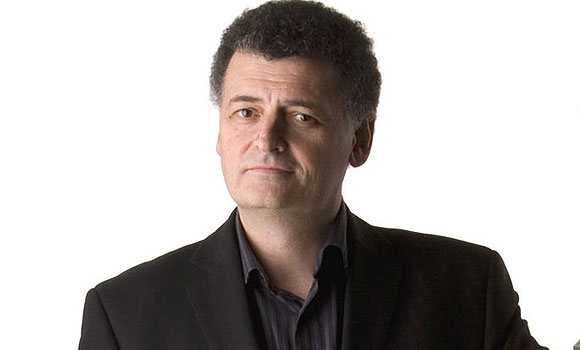

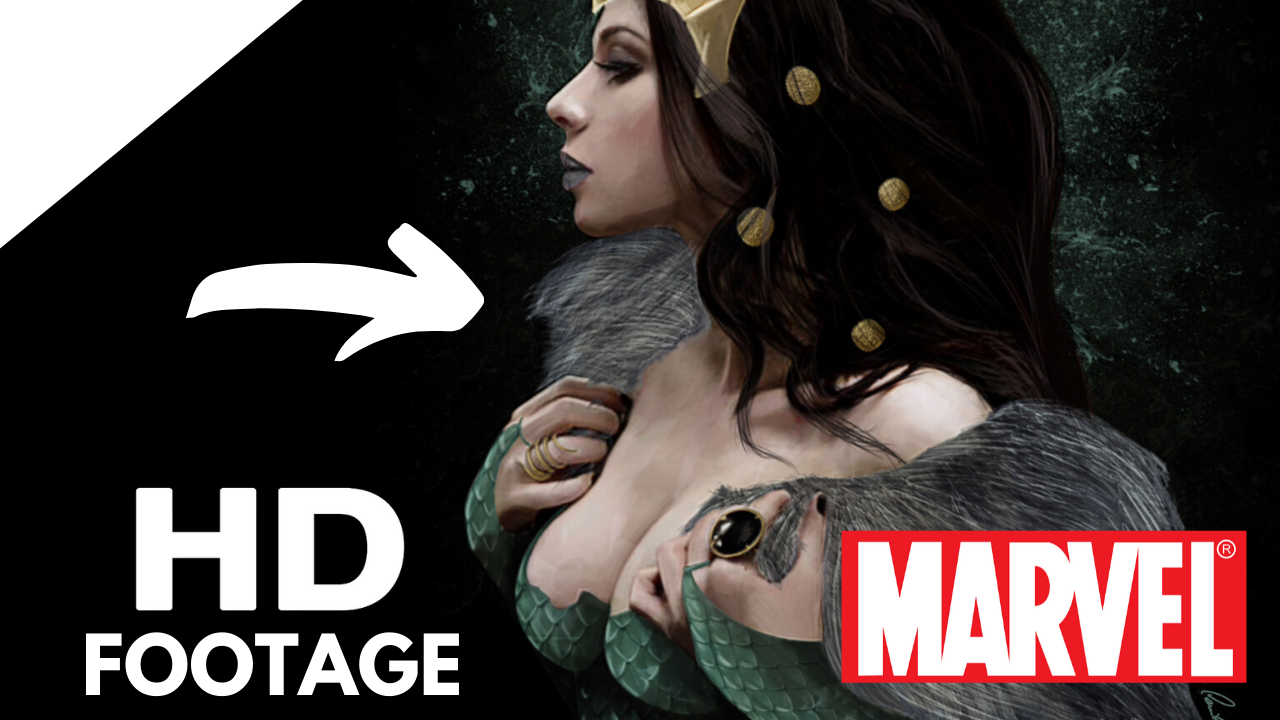



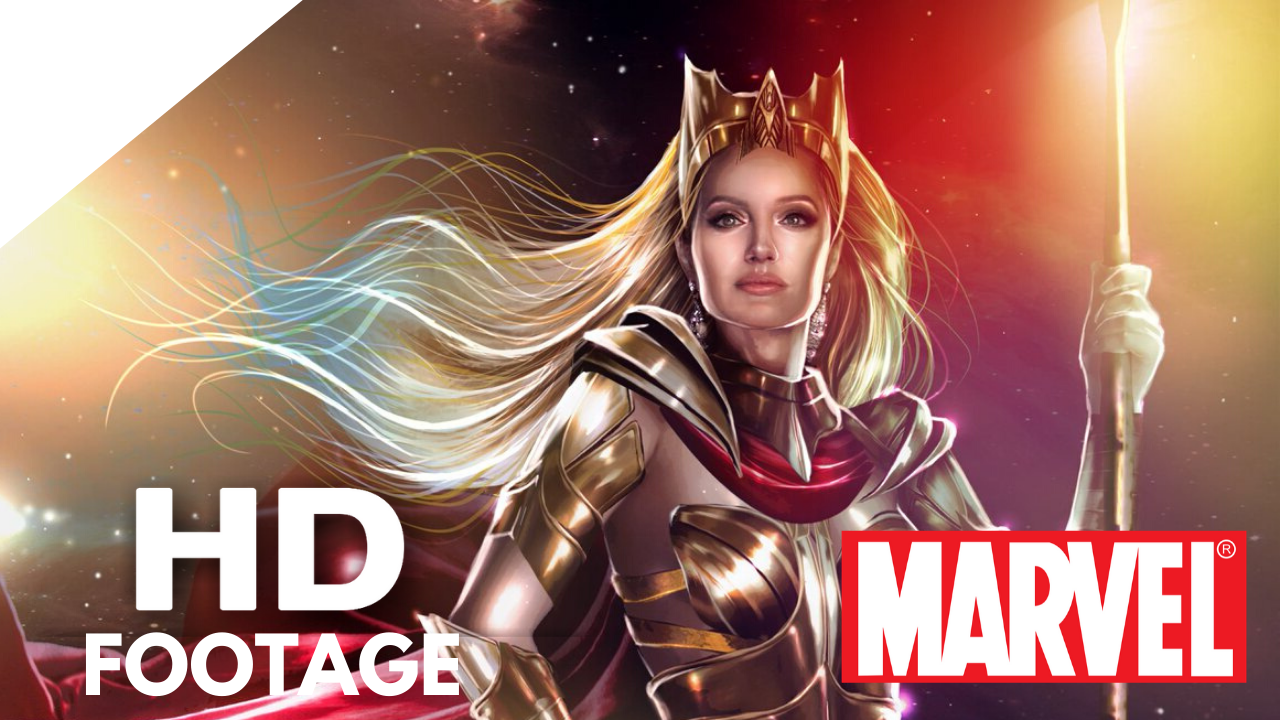
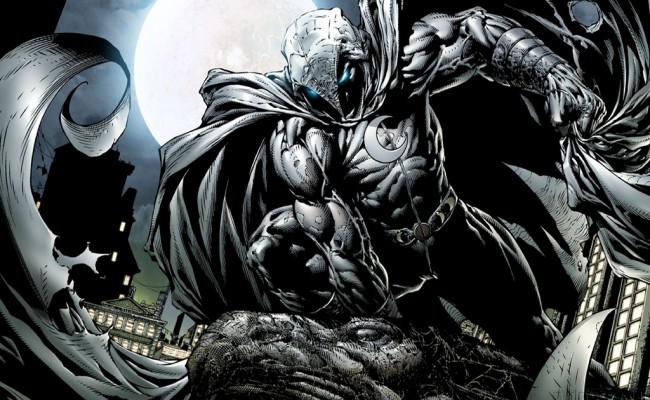

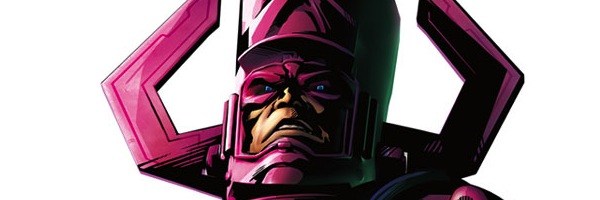

S#!T Talking Central